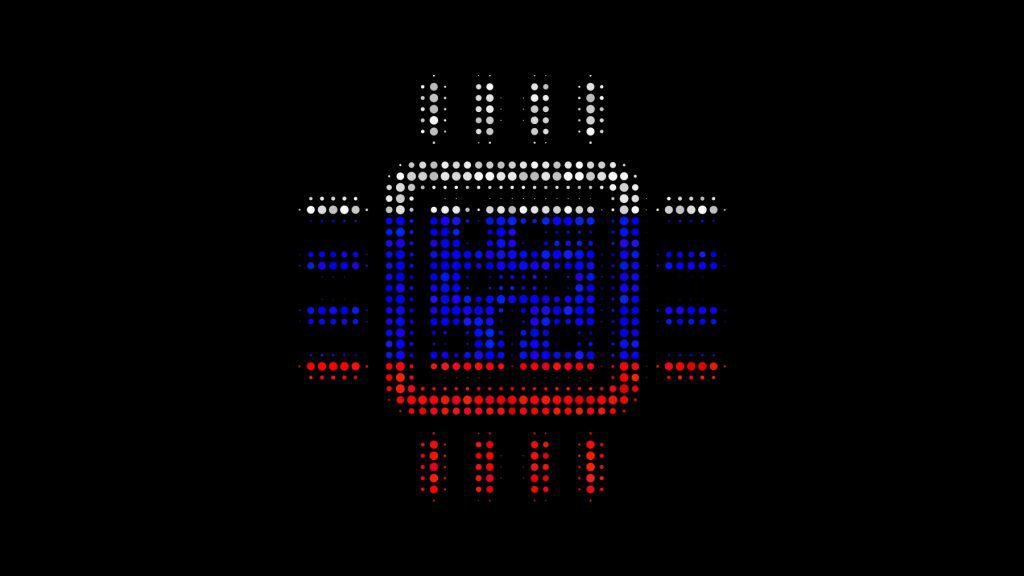
On December 27, Russian server supplier Graviton announced its first AI and high-performance computing HPC server, the Graviton S2124B, powered by a domestically developed processor.
The new AI and HPC is designed to handle complex AI and supercomputing workloads with support for up to eight compute GPUs, the server highlights Russia’s push for technological independence as it faces US and NATO countries global sanctions.
Russia AI Computing Power
The Graviton S2124B server features two 48-core processors running at 2GHz and using DDR4-3200 memory. According to industry sources, the Russian homegrown processors are based on the Baikal Electronics BE-S1000 server-grade chip, which includes 48 Arm Cortex-A75 cores and upholds 2-way and 4-way symmetric multiprocessor (SMP) outlines.
Symmetric multiprocessor (SMP) is a computer architecture where multiple processors share a common memory and have equal access to it.
The BE-S1000 in the Graviton S2124B runs 500 MHz below its original clock speed, likely due to the chip’s manufacturing shift from TSMC’s 16FFC node to another factory. The convergence of AI and HPC target is to improve profit or lower power consumption.
Performance and GPU Support
AI servers for HPC are built to accommodate high-performance GPUs, like Nvidia’s H100 PCIe accelerators, capable of delivering 60 FP64 TFLOPS for supercomputing and 3340 FP8/INT8 TFLOPS/TOPS for AI workloads.
60 FP64 TFLOPS are a measure of computational power, indicating 60 trillion double-precision floating-point operations per second.
Concerns are raised about the reliance of HPC servers on Nvidia’s CUDA ecosystem, especially about achieving very high performance without official Nvidia support, given the geopolitical situation.
Following the Arm-based CPU and the server’s moderately untested configuration for AI workloads, the real performance of the Graviton S2124B and Russian HPC systems remains uncertain.
Graviton S2124B, offers a domestic solution for companies and research institutions that are looking for powerful computing systems.
Upon the top features of Graviton S2124B, HPC servers is storage and expandability. The storage can hold up to 12 SATA drives or 12 NVMe U.3 SSDs, giving users flexibility especially those who need large storage capacity for data-intensive applications.
HPC and AI convergence is a step that Russia is making to gain independence from foreign industries.
“This product represents a significant step in advancing domestic computing technologies and will enable our clients to efficiently address data processing challenges,” commented Alexander Filchenkov, head of server and network systems at Graviton.
Inside Telecom provides you with an extensive list of content covering all aspects of the tech industry. Keep an eye on our Tech sections to stay informed and up-to-date with our daily articles.